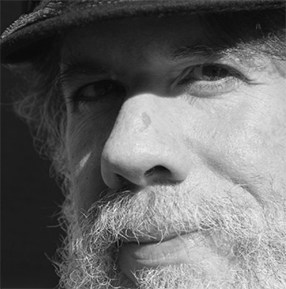For my father, Frank Espada (1930-2014)
Coming to this country was the worst thing
that ever happened to me, you would say.
The steamship called the San Jacinto
dragged you from Puerto Rico to New York.
You swore in Spanish, dangling from the rails
like a nauseous acrobat, a seasick boy
who prayed to plunge over the side
and disappear into the green water.
A Nazi U-Boat trailed behind the San Jacinto
on the voyage back to Puerto Rico. The torpedo
splintered the deck, six thousand tons creaking
and sinking into the sea. Among the dead:
Ramón Castillo, who shoveled the coal
into the furnace down below; Antonio Cortez,
who cleared the plates in the officer’s mess,
day-dreaming of La Parguera, the luminescent
bay, illumination of water on a moonless night.
You escaped the U-Boat. Seven decades later
the torpedo catches up to you, ripping through
your heart, and you sink into a moonless sea
like the six thousand tons of the San Jacinto,
Ramón Castillo and his shovel full of coal,
Antonio Cortez and his armload of plates.
I kissed the ground, you would say, sitting
at the kitchen table in Brooklyn, and I tried
to imagine licking the dirt off my own lips.
Years after the San Jacinto took you away,
you would return to your island, step off
the plane, drop to your knees at the airport
and kiss the ground. Back you came to Brooklyn,
a car stalled on the highway, steam pouring
from the hood, when all you wanted
was the sand of the beach burning your feet.
Now, if your ancestors wait for you anywhere,
they wait on the shores of the bay at La Parguera.
May you navigate through the night without
the compass devoured by the salt of the sea.
May you rise up in the luminescent bay,
stirring the microscopic creatures in the water
back to life so their light startles your eyes.
May the water glow blue as a hyacinth in your hands.
